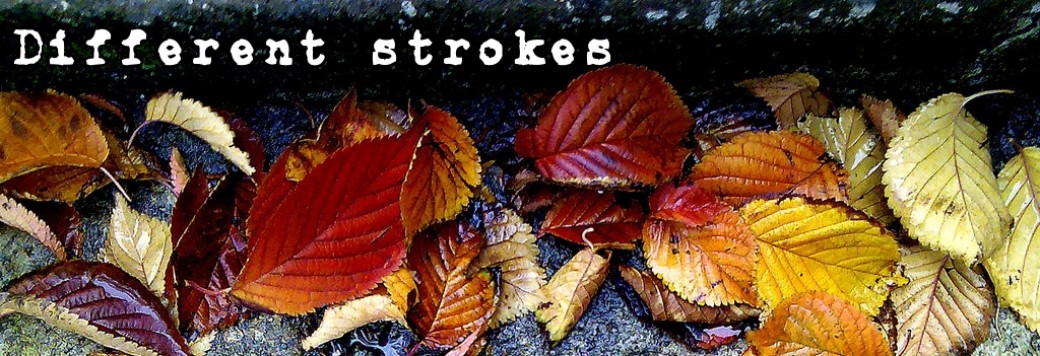I recently happened to see Kai Po Che. The film had a strong impact on me as I was deeply moved by some scenes in the film. However, I would like to state that I do have major problems with the politics of the film per se. (Please read these two very well argued articles on this topic.) But this is not what I wish to talk about right now.
The film is about three friends —Omi, Ishaan and Govind— and how their friendship gets affected owing to certain events that happened in Gujarat in the last decade viz. the Gujarat Earthquake, the Godhra train burning incident and the subsequent pogrom of Muslims that took place.
The three friends and their entrepreneurial dreams is what forms the crux of the film. While Govind is the money-minded ‘Baniya’ of the group, Ishaan is an angry young man who is all heart. Omi, I thought, was someone with no striking characteristic to his name. But the fact that he was so regular and his transition as someone who has definitive views against the Muslim community was very deftly shown. Omi ends up becoming the financier for the trio’s entrepreneurial endevours and thus finds himself embroiled in the workings of the Hindu party in return. That’s a quid pro quo since his uncle, who is the leader of the party, is the man who lends him the money.
In the end of the film, Omi ends up losing his parents to the Godhra train burning incident. He also ends up witnessing his uncle’s death, when the latter is all set to kill a Muslim man in the riots that followed the Godhra incident. Blinded by grief and rage over the loss of his parents and his uncle, all Omi wants is to kill; someone, anyone, who is Muslim. And he runs after a young Muslim boy, whom Ishaan tries to protect. After a brief tussle, Omi ends up having control of the gun and when he presses the trigger aiming for the boy, the bullet finds home in Ishaan’s body and he dies on the spot.
The scene where Omi accidentally shoots Ishaan, and the scene after that—Omi’s shocked face and disbelief—stayed with me for a long time. Even after coming out of the theatre, I couldn’t forget his eyes and the shock! It was a powerful scene.
Omi goes to jail. His eyes portray deep sadness even as Govind comes to receive him after his release. Omi’s life post his release from the jail, by the looks of it, is surrounded by everything related to Ishaan—the business in which all of three were partners, Ishaan’s sister who also happens to be Govind’s wife, their child who is named Ishaan and the Muslim kid he tried to kill (whose life Ishaan tried to save) who has become a successful cricketer! Ishaan is also shown as being forgiven by his best friend, Ishaan’s sister.
The film made me think deeply about forgiveness. I am sure there are many people who choose forgiveness as a way of dealing with difficult situations in life. (Please read this excellent piece on restorative justice.) Forgiveness, as a friend of mine always points out, is not to accept what the person did was right. It is a process of having no bitterness about it. But that is not what I am talking about. I am talking about the process of forgiving the self. Omi does get punished by law. Omi is shown breaking down in front of Ishaan’s sister. He also gets forgiven by the main people concerned but is he able to forgive himself? Out here, the punishment by law seem rather feeble considering the humungous task that lay in front of him— forgiving himself.
They say time is the big healer but how can you heal from the finality of death of a loved one, especially if you have killed the person. How can you forgive yourself after doing something like this? It was a mistake his friend died. But the friend died! Death is final. Death is irreversible. How can one live with this burden? Seeing those final scenes, especially those, where he ends up going to all those places, meeting all those people connected to Ishaan, I kept wondering how he could do it.
I believe guilt and the inability to forgive self is one of the toughest things one can experience. But can self-forgiveness be even possible in a situation like this? What can you do when you know you have been the one to make the irredeemable mistake? How do you forgive yourself? Should one even try? Does one even deserve self-forgiveness in a situation like this?
I don’t know. I have no answers.
Originally published here: https://www.facebook.com/notes/shobha-sv/kai-po-che/10151569518663478
